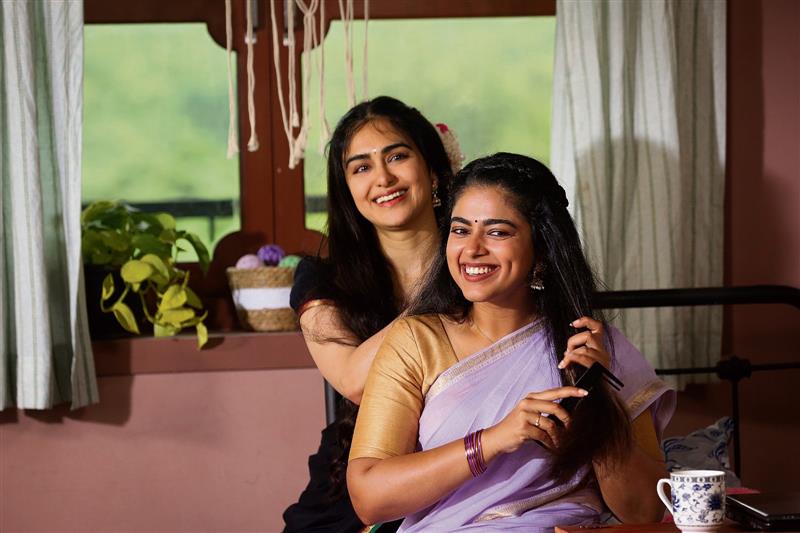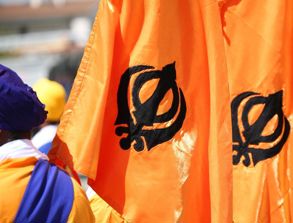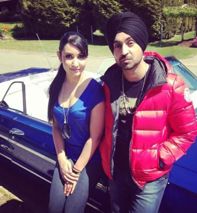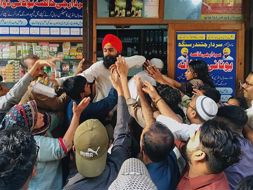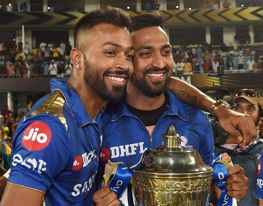The Kerala Story
Film: The Kerala Story
Director: Sudipto Sen
Cast: Adah Sharma, Yogita Bihani, Siddhi Idnani, Sonia Balani
Nonika Singh
The Kerala Story, which has been courting controversy ever since its trailer was released, is finally out in theatres. In a country which thrives on inclusivity and where inter-religious marriages thrive too, any attempt to draw attention to love jihad can only be seen through a political prism. And political battle-lines have already been drawn.
However, even if one were to let one’s political inclinations, right wing or left ones, aside, The Kerala Story, seen strictly from cinematic angle too, does not pass muster. Indeed, if truth be told, the harrowing reality of some girls from Kerala being brainwashed, converted and ultimately inducted into terror groups is not an outright figment of imagination.
But the manner in which the story of Shalini Unnikrishnan (despite an earnest performance by Adah Sharma) unfurls, you feel little for her predicament. The narrative’s only fault isn’t how it creates Muslim stereotypes with no redeeming features whatsoever. There isn’t a single portrayal of an edifying character among the entire community. If in Kerala, they ensnare unsuspecting girls, in other nations like Syria and Afghanistan, they kill like butchers and rape like animals. Sexual violence is a recurring thread and the ones like the Christian girl Nimah Andrews (Yogita Bihani), which can’t be converted are sexually assaulted.
Much is wrong with the treatment; it is so brazen that it ends up as too impersonal a story. Just like the impassive investigators of the UN team, which interrogates Shalini, we are left unmoved. The loud background score further numbs your senses and you are devoid of empathy. The only plus is the cinematography, the terrain looks authentic, but the less than mediocre storyline saps this cinematic plus too of any real impact.
How the students of nursing college are trapped by their roommate Asifa (Sonia Balani) follows an oversimplified graph. If the methods employed by Asifa and other members of her group are annoying, equally troublesome is the way she tries to run down Hinduism. The not-so-subtle suggestion that Hindus do not take pride in their religion, especially in God’s own country, Kerala, is as unwarranted as the Muslim girl’s rant against ‘helpless’ Hindu gods.
It’s not here but at many other junctures that the film offers facile arguments. Any film that creates misgivings can at best be termed a misguided attempt. No doubt, if the fictional account of the trauma as depicted in the film is a true reflection of even one girl it deserves to be shown, but with greater sensitivity and subtlety. An enquiry into a grave subject like religious extremism can’t flirt with semantics and remain on the surface. The film, whose director claims to have done diligent research, sadly is rather shallow.
And now the all-important question should Kerala and Keralities take objection to the film? Well, it certainly is not an unflattering account of the state per se, but provocations are galore. When it asserts that the multi-cultural, multi-religious state is sitting on a time bomb, hackles are likely to be raised. Add to it the assertion where Nimah reiterates an ex-Chief Minister’s words, “In 20 years Kerala will become an Islamic state.” This and more is provocative and perhaps misses the context too. As does the film.






